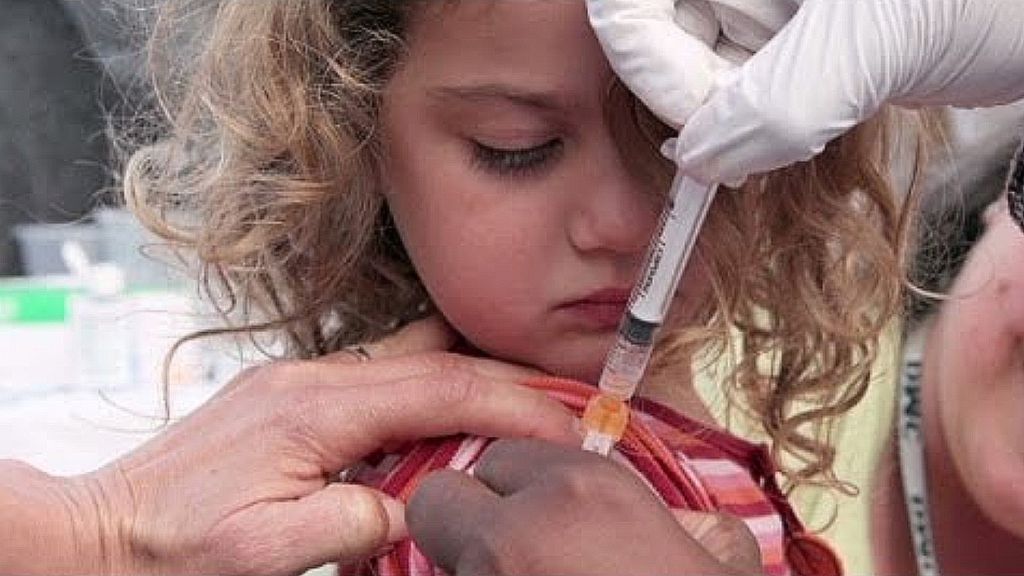One case involves a minor who was injected even though parents did not want the child to receive the vaccine.
Two state supreme courts are considering whether workers who administered COVID-19 vaccines to minors without parental consent should be shielded by a federal law.
The North Carolina Supreme Court agreed to take up an appeal from Tanner Smith, one of the minors, and his mother, according to an order dated May 23.
Tanner, who was 14 at the time, went to a clinic at a school in his district, Guilford County Schools, in 2021 to receive a COVID-19 test. Instead, his mom and stepfather learned later, he was injected with a COVID-19 vaccine even after he told workers at the clinic he didn’t want it.
Emily Happel, Tanner’s mother, and the boy sued the district and the organization that was running the clinic, alleging battery and violations of constitutional rights.
A trial court ruled against them, though, finding that the Public Readiness and Emergency Preparedness Act (PREP Act) provides immunity to the workers.
The act, signed in 2005 by then-President George W. Bush, conveys immunity to administrators of covered vaccines except in cases of “willful misconduct.”
The North Carolina Court of Appeals upheld the ruling in March, despite designating the conduct carried out by the administrators “egregious.”
“We must determine whether the scope of immunity covers the potential liability at issue in this case. We hold that it does because, as the trial court noted, the immunity provided by the act is extremely broad,” Judge April Wood wrote in the unanimous ruling.
“Plaintiffs argue that the PREP Act does not cover their claims because they do not arise because of COVID-19, but merely happen to relate to COVID-19. We would be inclined to agree if the PREP Act did not define the scope of immunity so broadly,” she added later.
In a filing to the North Carolina Supreme Court, lawyers for Ms. Happel and Tanner said that the lower court decisions “rendered totally useless N.C. Gen. Stat. § 90-21.5(a1) which prohibited the very acts committed by defendants.” They also said that the trial court erred in finding that available evidence did not show the clinic workers were “acting within the scope of their employment by administering a vaccine” because that meant the court “would have required that administering vaccines without consent be a part of the employment duties of the vaccine clinic workers for a claim to stand.”






